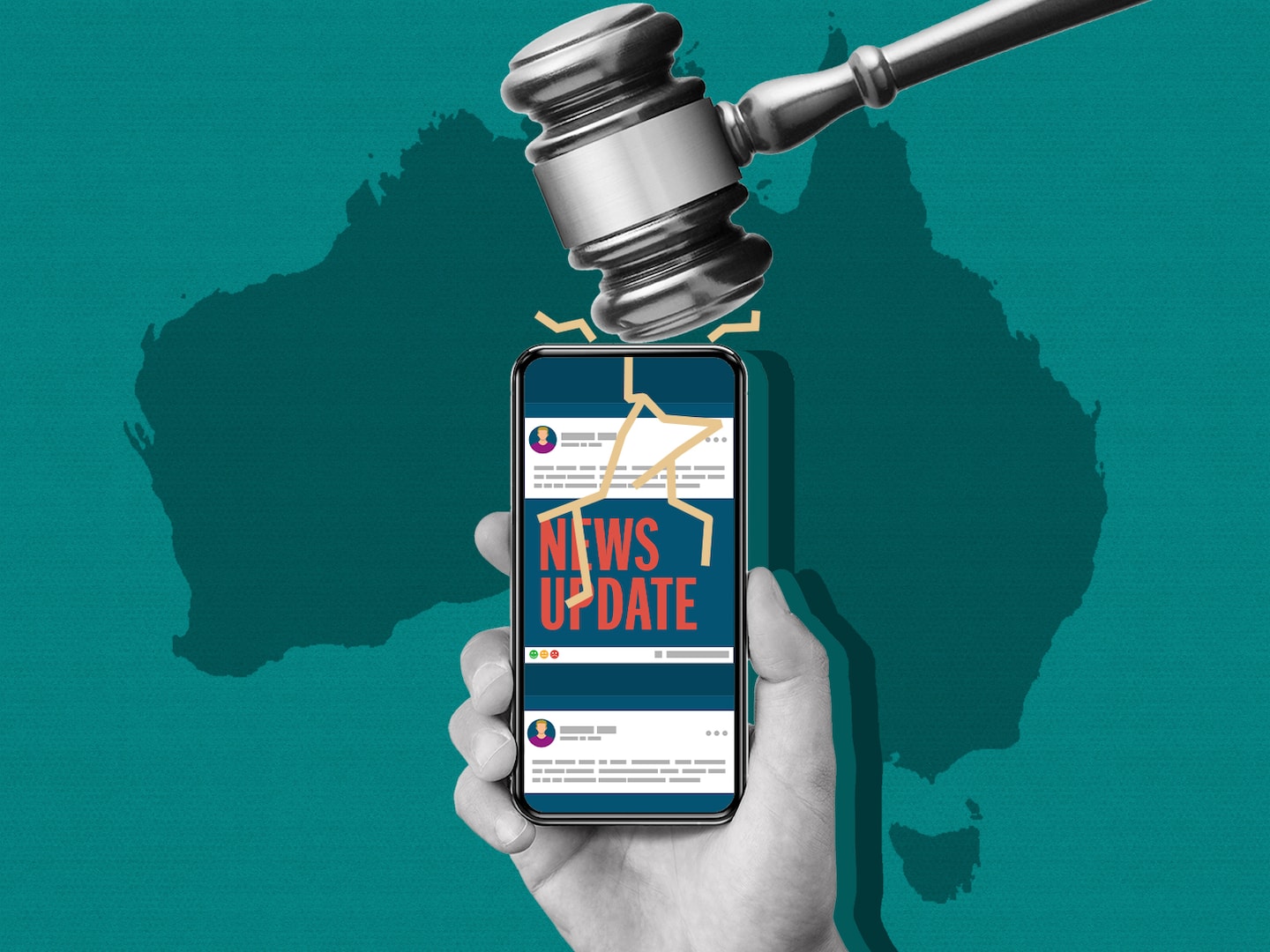Australia wants Facebook and Google to pay for news on their sites. Other countries think it’s a good idea too

Australia’s law goes further than past efforts to get Google and Facebook to pay more money to news publishers. The bill, which is expected to pass into law in the coming weeks, potentially hands power to regulators to force Facebook and Google to pay publishers every time someone clicks on a link to a news story on one of their sites.
The situation is a major case study in just how far governments can push big tech companies, which have become some of the largest corporate entities in history and have deep influence in the way information is shared and consumed everywhere. Concerns over privacy and the corrosive effects of social media on politics have made it beneficial for politicians around the world to go after Big Tech.
In the United States, agreement that tech companies need to be regulated in some way is one of the few bipartisan issues. Outside of the United States, the tech giants have to deal with the fact that they are often seen as foreign interlopers.
“It’s not an issue of copying a system, but having a just ecosystem and doing justice for the media industry which is investing so much in their content,” Alex Agius Saliba, a member of the European Parliament from Malta, said in an interview.
News publications, which have been battered over the last 25 years by the rise of the Internet, have for years demanded money from Facebook and Google. The two companies have long pushed back, arguing the traffic they send to news websites is highly valuable. Facebook, Google and fellow tech giant Apple have all unveiled products that offer some compensation to news organizations, sometimes in exchange for giving Internet users access to paywalled stories.
“We deeply value the role of quality journalism in our society,” Google spokeswoman Maggie Shiels said. The company drives 24 billion visits to news sites a month and is investing $1 billion in news content partnerships, she added. Facebook spokesman Adam Isserlis declined to comment. A spokesperson for Apple did not return a request for comment.
One of the key issues Google and Facebook have with the Australian law is the fact that if news publishers and tech platforms can’t agree on payment rates, regulators can step in to dictate terms. That would be a momentous shift of power from the private companies to a government that they haven’t yet had to deal with. It’s also something that is catching attention around the world.
“Australia is early,” said Johan Lidberg, a media professor at Monash University in Melbourne. “There’s some chance that there will be quite a few countries that will do variations of this.” He added: “There is an awakening to the fact that we’ve got to do something.”
Malta’s Saliba, who has played a key role in the European Parliament’s efforts to reform digital laws in the block, and he said he was planning to meet with his Australian counterparts to discuss their efforts. “Binding arbitration in case agreements fail, I think it can be an option that we can look into,” he said.
Efforts to get Google and Facebook to pay more money to news publishers aren’t new. In 2014, Spain passed a law requiring Google to pay for aggregating news content in search results. The company responded by simply shutting down its news site. A 2019 copyright law in the European Union has also shifted more power to news publishers, and Google has signed deals with French publishers to pay for posting their news in some parts of its vast digital empire.
Another key European politician, former Estonian prime minister Andrus Ansip, said he wants to see if the copyright law passed in 2019 is enough to make sure publishers get paid for their content, but that regulators won’t hold back until that’s a reality either way.
“We will never stop before those platforms accept the rights of authors for fair remuneration,” Ansip, who is now a member of the European Parliament, said in an interview.
In Canada, the Liberal government led by Justin Trudeau has already made clear it will put forward a law this year that seeks to make sure news organizations are compensated for their stories that show up on online platforms.
“News is not free and has never been. Our position is clear: publishers must be adequately compensated for their work,” Canadian heritage minister Steven Guilbeault said in a statement. The proposals by Facebook and Google to pay for some news aren’t enough, he said. “A more sustainable solution is required to protect our democracy while leveling the playing field.”
The move requiring Facebook and Google to pay more to news organizations could backfire for the news industry though, said Michael Veale, a digital rights and regulation researcher at University College London. By creating a system where Facebook and Google replace some of the revenue the news industry has lost to the structural changes that have been brought on by the Internet, governments risk making the tech giants even more powerful, he said.
“In a way this Australia law makes the platforms too big to fail,” Veale said. “It makes them an inevitable part of the industry.”
Either way, the march toward more regulation is not slowing down.
“There is strong demand to have more strong regulations when dealing with the big platforms,” Ansip, the former Estonian prime minister, said. “There is a legal vacuum, and now in the United States and also in the European Union, we have to fill this legal vacuum.”






